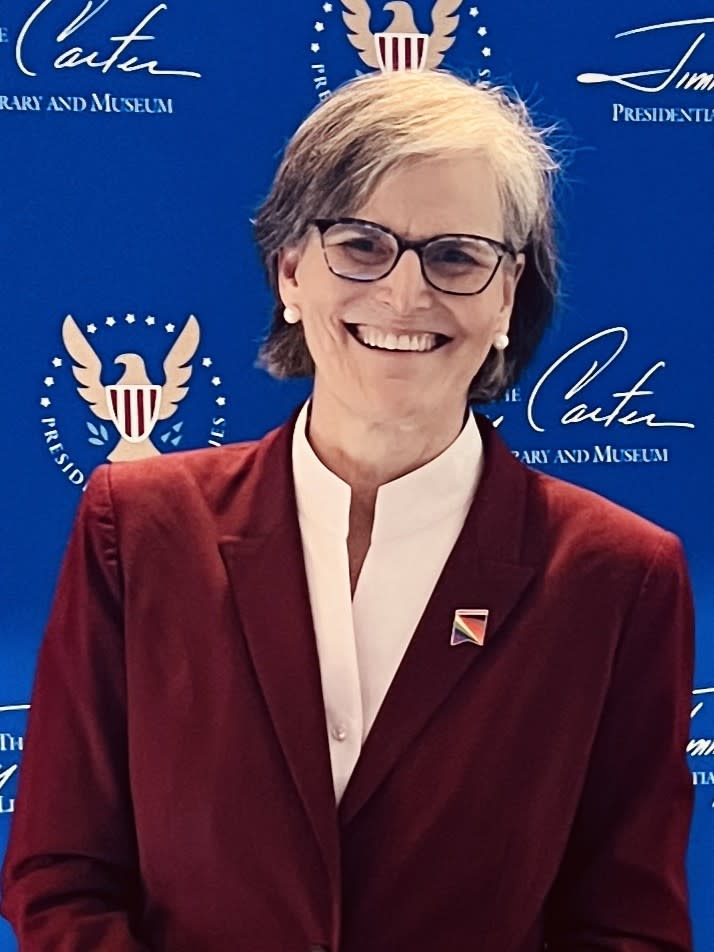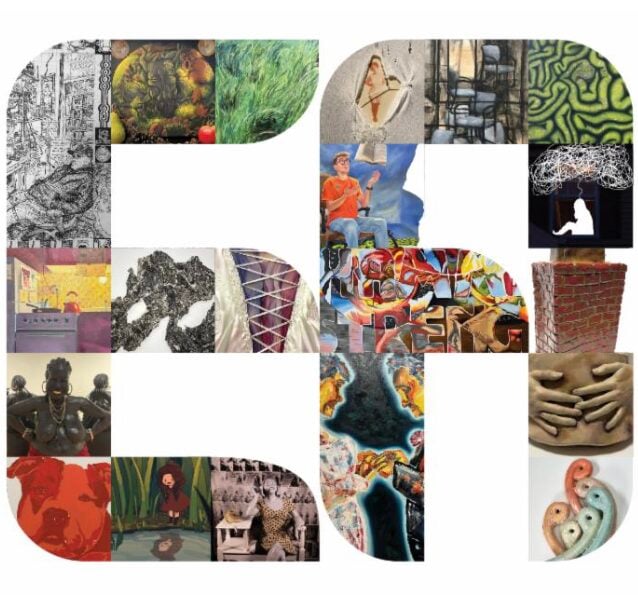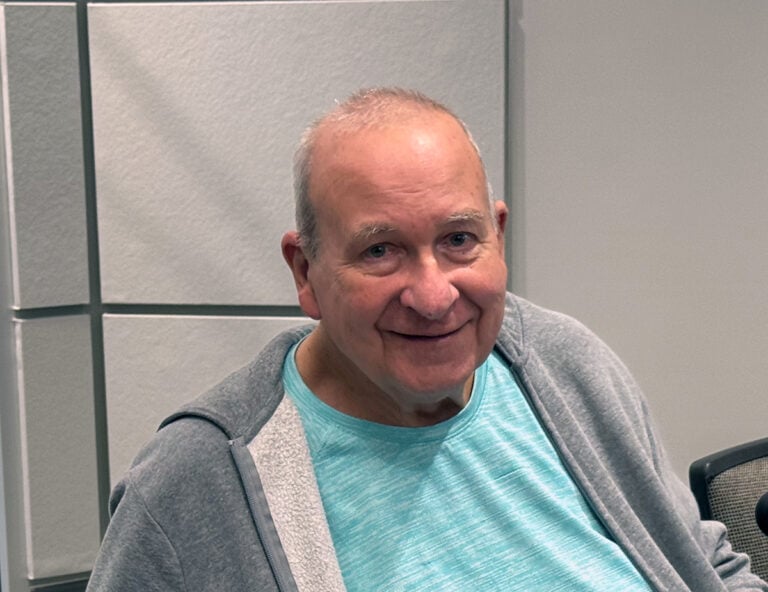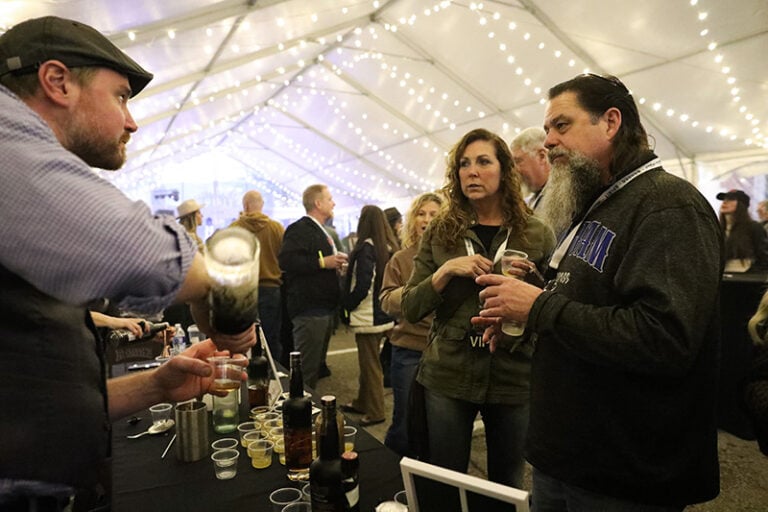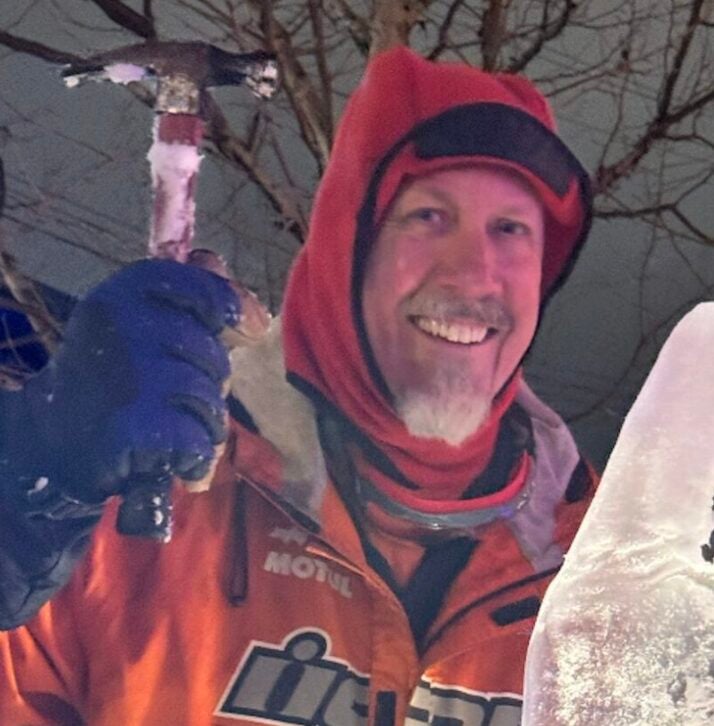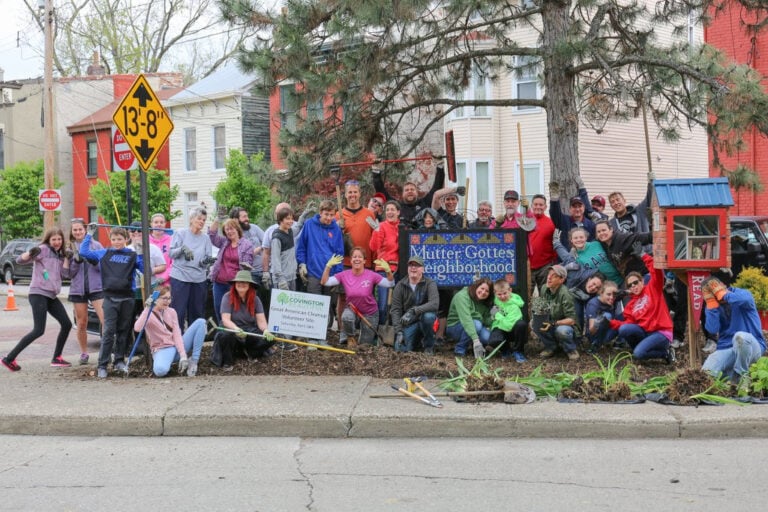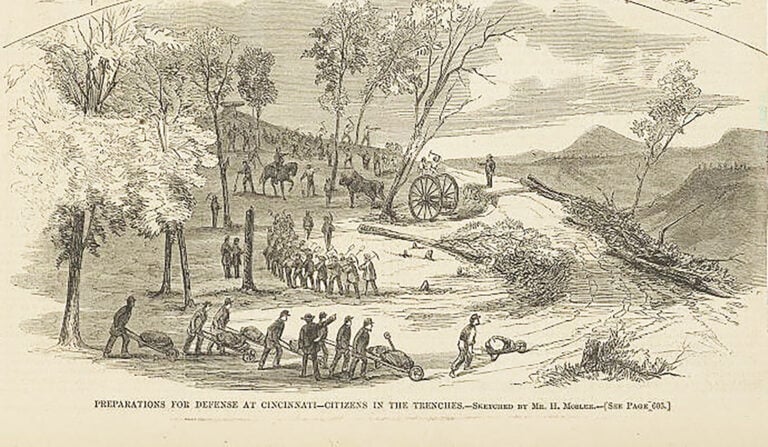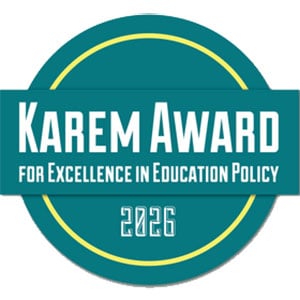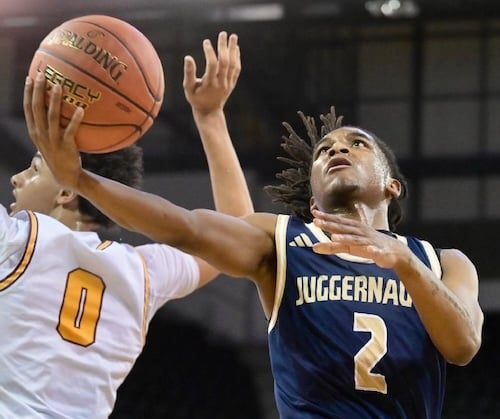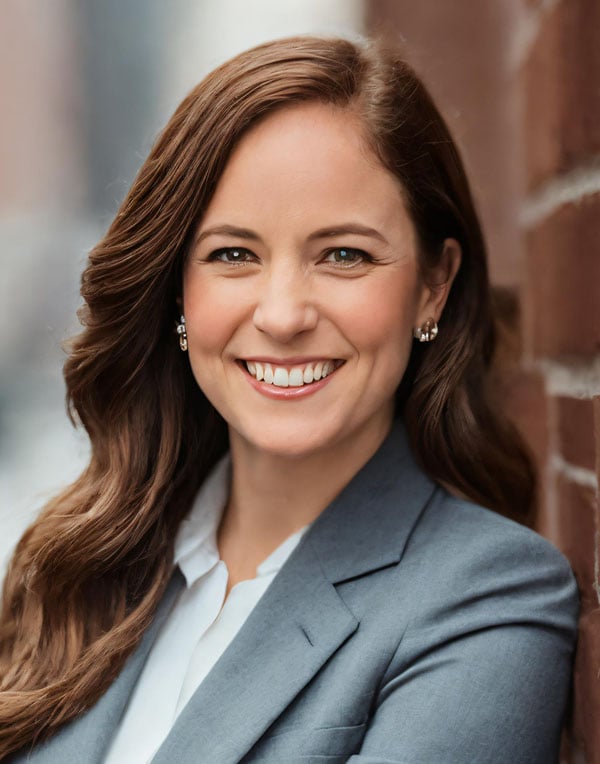By Howard Whiteman
Murray State University
My colleagues and I teach a non-majors class called Saving Planet Earth, where we try to teach our students how to live sustainably. When we ask “What does sustainability mean?”, we get all kinds of answers. “Not taking too much” and “Only using what you need” are both reasonable. “Making sure that you don’t use so much of something that there isn’t enough left for others” is a better answer.
Some people think sustainability is about preserving everything, and is just tree-hugging environmentalism, but it isn’t. It’s about using resources, as we humans inevitably do, in a way that doesn’t negative affect other things, including our own future use of those same things.

Often, we just think about sustainability with a human focus—making sure future generations have enough clean water, for example, so they can have the same quality of life that we have enjoyed.
Humans don’t just depend on clean water, however. We depend on a whole host of ecosystem services, which we get for free from our planet. These include clean air, healthy fisheries, wildlife, soil regeneration, and climate mitigation. Thus, on a global scale the sustainability of human life depends on maintaining these services so that the entire planet is in balance. In this way, our own sustainability depends on how we treat the planet.
Learning how to do that can be tricky. Many of us are set in our ways, and don’t want to think about a world different than the one that we grew up in, where we weren’t worried about the consequences of our actions on the environment or even other humans. As the Earth and our human populations that live on it change around us, it has become abundantly clear to many that those days are over. Learning to live sustainably is not a luxury; it has become a requirement. This fact is one of the main reasons we offer a course like Saving Planet Earth. We aren’t saving the planet from humans, we are saving it for humans.
There are so many ways to think about sustainability it can be overwhelming. Water, air, and soil quality, biodiversity, environmental engineering, invasive species, horticulture, alternative energy, landscape ecology, regenerative agriculture, wildlife management, environmental outreach, and green chemistry are all important. Because of these varied topics, and to create more opportunities to learn about them and celebrate the efforts toward sustainability in our region, we are once again holding the Four Rivers Watershed Sustainability Festival this spring.
The Festival is a collaboration between Murray State’s Watershed Studies Institute (WSI) and Doran Arboretum, the Riverlands Alliance, and the City of Murray, and the schedule of events is even larger than in previous years.
On Wednesday, March 26, the Festival will start with an Ecologies tournament at 7:30 p.m. at Hop Hound in Murray. Ecologies is a card game with the goal of creating healthy food webs and is a fun way to learn about ecology.
On Saturday, April 5, the MSU student chapters of The Wildlife Society and Backcountry Hunters and Anglers will hold our annual Wild Game Supper (formerly the “Beast Feast”) from 5-7 p.m. at Chestnut Park in Murray. Expect normal wild fare—like deer, squirrel, and catfish, but also the unexpected—perhaps some bison, elk, or feral hog.
Next up are two Cinema International movies, which are held on Thursdays and Saturdays at 7:30 p.m.in Faculty Hall 208. On April 10th and 12th we will show Eternal Amazon, which travels across Brazil to explore modern society’s relationship with one of the world’s most important watersheds. On April 17th and 19th will be Dark Waters, starring Mark Ruffalo. This legal thriller follows a corporate lawyer who uncovers a dark secret that links deformed cattle, mysterious sickness in humans, and one of the world’s largest corporations, and is based on a true story.
In between these films, we have two events. We will be holding a Riverlands Alliance Invasive Species Team (RAIST) Field Day on Saturday, April 12th between 8 a.m.–1 p.m. at LBL’s Golden Pond Visitor Center. Come to learn how to identify invasive plant species and help LBL remove them from our public lands; registration is required. And on April 16th, our best Murray State students will be showing off their research at the WSI Watershed Research Symposium, starting at 8:30 AM in the Barkley Room of the Curris Center.
Earth Week is even busier, with five events. On Earth Day, Tuesday, April 22nd, we will be having a campus celebration on MSU quad from 11-4:00, including booths and activities from many environmentally-related groups. Next is a Science Café on April 23rd from 6-8 p.m. at Hop Hound, where Jeffrey Herod from KYDFWR will be leading a discussion of aquatic invasive species.
The finalists for our Biodiversity Art Competition will be displayed in the Biology Building Atrium starting on April 11th, and the winners will be announced at a reception at the Atrium at 5 p.m. on April 24th. On April 25th, we will be doing a River Clean-up at Hancock Biological Station starting at 2 p.m., followed by a free meal and outdoor movie. Registration is required.
Finally, our month-long festival will go out with a bang with another Earth Day Celebration (formerly Family Day), on April 26th from 10-2 at the Doran Arboretum. Main events include presentations by LBL’s Woodlands Nature Station, author Justine Riley, and weather guru Beau Dotson, along with the usual mix of booths and activities, including “goats at work”, watershed models, gardening tips, tree giveaways, and more. Pizza lunch will be available for purchase.
Things are about to get very busy as we promote sustainability in our region. The Festival is more than just a celebration, however.
We are doing all of this, and creating new collaborations among a variety of different groups, because we all realize the importance of living sustainability, and how it is a key to the future of our planet and our species.
Howard Whiteman is the Commonwealth Endowed Chair of Environmental Studies and a professor in the Department of Biological Studies at Murray State University.







